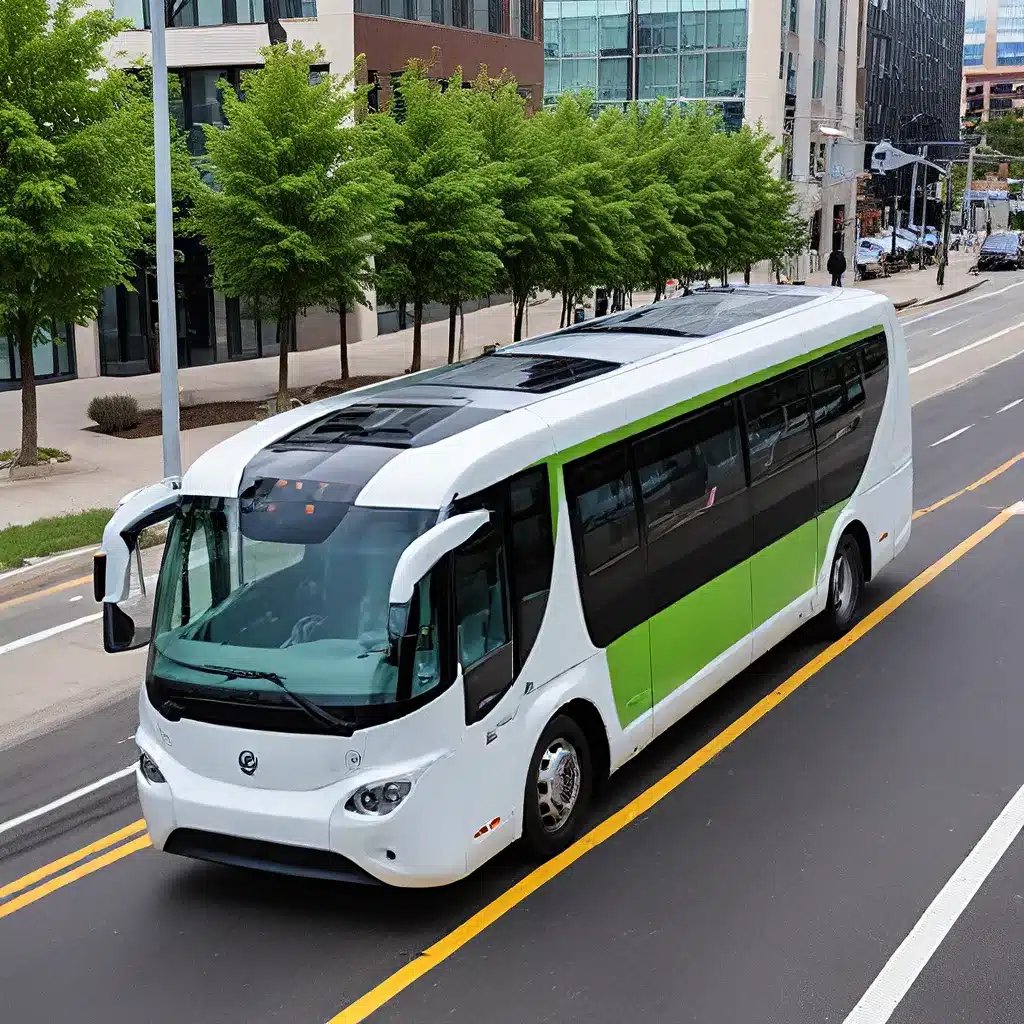
As an avid believer in a greener future, I’ve been captivated by the transformative potential of electric vehicles (EVs) in redefining sustainable transportation, especially in rural and remote regions. While the traditional combustion engine car has long been a staple, the world is now embracing a more environmentally conscious approach, and EVs are emerging as a viable alternative.
Unlocking the Potential of EVs in Rural Electrification
In the pursuit of a sustainable future, the spotlight is turning towards rural electrification, where EVs are emerging as catalysts for change. Rural and remote regions often grapple with transportation disparities, marked by limited access to public transportation and vast distances between communities. This poses environmental challenges and hampers economic development, highlighting the need for innovative solutions.
Enter the electric car – a promising solution to address these transportation disparities. Beyond their lower carbon footprint, EVs offer cost-effective and accessible transportation options, promising economic benefits for these communities. Studies have shown that electric cars can significantly reduce air pollution and greenhouse gas emissions in rural regions, contributing to a healthier environment.
Moreover, the adoption of EVs can bring tangible economic advantages to rural communities, such as reduced fuel costs and potential job opportunities within the growing EV industry. As the electric mobility revolution gains momentum, the resilience of EVs to navigate challenging terrains and their adaptability to local needs become increasingly evident.
Overcoming Challenges in Rural Electrification
One of the key challenges in rural electrification through electric cars is the development of a robust charging infrastructure. Strategic placement of charging stations and innovative solutions like solar-powered charging can make EVs viable in remote regions where limited grid connectivity is often a hurdle.
Government initiatives play a pivotal role in promoting electric cars for rural development. Subsidies, tax incentives, and infrastructure investments can accelerate the adoption of EVs, while collaborations between governmental bodies, EV manufacturers, and renewable energy providers further enhance the prospects for sustainable rural transportation.
Equally important is the need for comprehensive education and awareness programs to overcome skepticism and myths surrounding electric cars in rural areas. By informing communities about the benefits, cost savings, and environmental advantages of EVs, acceptance and adoption can be facilitated. Training and skill development programs also empower individuals to participate in the maintenance, charging station management, and even potential manufacturing of electric vehicles.
The Multifaceted Benefits of EVs in Rural Areas
Beyond the immediate environmental impact, the adoption of electric vehicles aligns with broader efforts towards environmental stewardship in rural regions. It encourages communities to explore renewable energy sources and adopt eco-friendly practices, contributing to the overall well-being of both the local environment and its inhabitants.
The versatility of electric vehicles extends beyond daily commuting. In rural areas prone to natural disasters or emergencies, electric cars equipped with bi-directional charging capabilities can serve as mobile power hubs. This not only enhances community resilience but also provides a lifeline during times of crisis, showcasing the multifaceted benefits of EVs in remote regions.
Collaborative Efforts for a Sustainable Future
As the world collectively embraces sustainable practices, the success of rural electrification through electric cars relies on global collaboration. Shared knowledge, best practices, and technological innovations can accelerate the integration of EVs into rural landscapes worldwide. Collaborative efforts can pave the way for a network of interconnected rural areas that share insights, solutions, and collectively contribute to a sustainable and resilient global future.
The Promising Future of Sustainable Transportation
The integration of electric cars into rural electrification marks a significant step towards creating greener and more sustainable rural communities. Beyond addressing transportation challenges, EVs become catalysts for economic growth, environmental stewardship, and community resilience.
As technology evolves and global collaboration strengthens, the road ahead holds the promise of a tomorrow where rural landscapes are not only connected by sustainable transportation but also empowered to thrive in harmony with the environment. With electric vehicles projected to represent 35% of all new car sales by 2040, the future of sustainable transportation is undoubtedly electric.
Embracing this electric mobility revolution, we can redefine how rural communities engage with transportation, unlocking a world of possibilities for a greener, more resilient, and prosperous future. So let’s charge ahead, together, towards a sustainable tomorrow.

